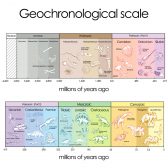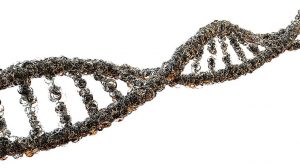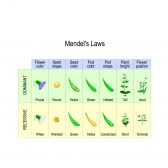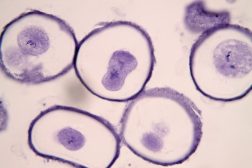Definition
noun
One of the two cycles of viral reproduction (the other being the lysogenic cycle), which is usually considered as the main method of viral reproduction because it ends in the lysis of the infected cell releasing the progeny viruses that will in turn spread and infect other cells.
Supplement
The stages of the lytic cycle are as follows:
Attachment – the virus attaches itself to the host cell.
Injection – the virus inserts its genetic material into the host cell.
Integration – the genetic material tells the cell what to do.
Replication – the host cell builds parts of the virus.
Assembly – the cell assembles the replicated parts into progeny viruses.
Lysis – the cell breaks open and each replicated virus can now infect other cells.
Some viruses, though, can leave the infected cell not through lysis but rather by budding off from the cell taking a portion of the membrane with them.
Compare: lysogenic cycle.
See also: virus, reproduction.
Dictionary > Lytic cycle
You will also like...

Selective Breeding
Gregor Mendel's studies into Monohybrid and Dihybrid crossing and Charles Darwin's study of evolution and natural select..

Geological Periods
Geological periods is a study guide that cites the different geological periods on Earth's timeline. Each has a brief ov..

Genetic Mutations
This tutorial looks at the mutation at the gene level and the harm it may bring. Learn about single nucleotide polymorph..

Mendel’s Law & Mendelian Genetics
One of Mendel’s law of inheritance is the “law of dominance”. Read this tutorial to know more about this form of i..

Running Water Freshwater Communities
This tutorial introduces flowing water communities, which bring new and dithering factors into the equation for possible..

Meiosis – The Genetics of Reproduction
Meiosis is a form of cell division that creates gametes. It is comprised of two divisions that in the end, the resulting..

